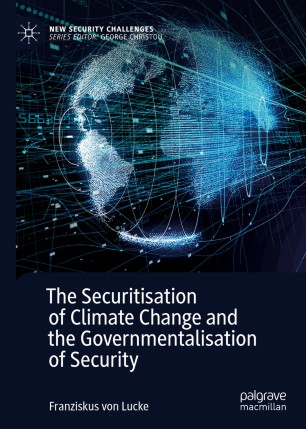

Most ebook files are in PDF format, so you can easily read them using various software such as Foxit Reader or directly on the Google Chrome browser.
Some ebook files are released by publishers in other formats such as .awz, .mobi, .epub, .fb2, etc. You may need to install specific software to read these formats on mobile/PC, such as Calibre.
Please read the tutorial at this link: https://ebookbell.com/faq
We offer FREE conversion to the popular formats you request; however, this may take some time. Therefore, right after payment, please email us, and we will try to provide the service as quickly as possible.
For some exceptional file formats or broken links (if any), please refrain from opening any disputes. Instead, email us first, and we will try to assist within a maximum of 6 hours.
EbookBell Team

0.0
0 reviewsThis book provides an in-depth analysis of the securitisation of climate change in the US, Germany and Mexico and offers a rethinking of securitisation theory. Resting on a Foucauldian governmentality approach, it discusses how different climate security discourses have transformed the political handling of climate change and affected policies, practices and institutions. Going beyond the literature’s predominant focus on the global level, it gives a fine-grained examination of the political and institutional changes in different national contexts. Drawing on the governmentalisation of security, the book develops a new understanding of securitisation that focuses on the role of power. In doing so, it provides new insights into the transformative potential of linking climate change to security but also highlights the political and normative pitfalls of securitisation.
‘In this important book, Franziskus von Lucke provides a theoretically sophisticated and empirically rich account of the relationship between security and climate change. Developing a Foucauldian-inspired account of securitization, the book rejects blanket or universal claims about the climate change- security relationship, instead insisting on the need to critically examine how the securitization of climate change plays out in particular empirical contexts. Exploring the cases of the US, Germany and Mexico, von Lucke points to distinctive dynamics of securitization in these settings, with different implications for the practices these in turn encourage. Ultimately, this book constitutes an important addition to literature on the relationship between climate change and security, while developing a distinct and nuanced account of securitization that will be of interest to a wide range of scholars of security in international relations.’
—Associate Professor Matt McDonald is a Reader in International Relations at the University of Queensland, Australia
‘In 2019 a number of states and other actors (notably t